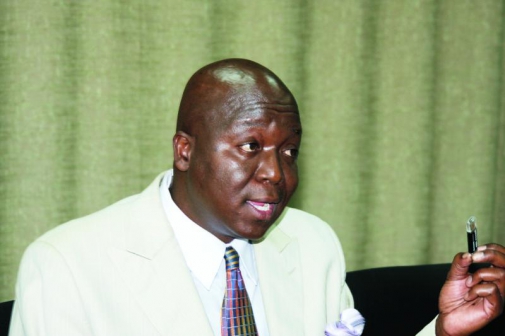×
The Standard e-Paper
Fearless, Trusted News

Leading communications service provider Safaricom could be spilt into several smaller entities following a new push by Parliament to break the firm’s lead in the financial sector.
National Assembly Deputy Minority Leader Jakoyo Midiwo (Gem) is seeking an amendment to the Kenya Information and Communications Act (1998) to have telecommunication companies separate their businesses along lines of service provision.